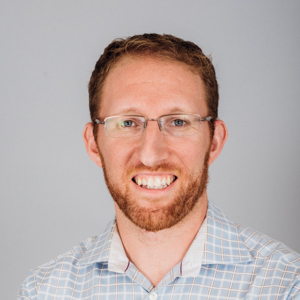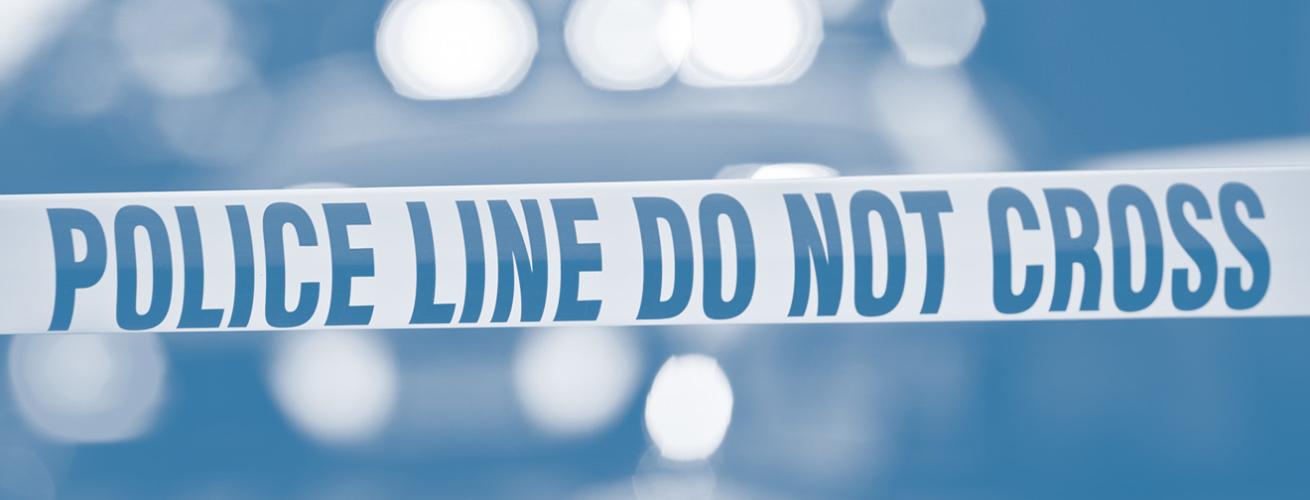St. Paul, Baton Rouge, Dallas.
Words feel hollow in the wake of profound and senseless tragedy. Blog posts like this risk sounding self-important because they suggest that I can contribute something new or meaningful to a conversation that others have engaged in long before me.
But when there’s pain, words can provide comfort. And when there’s injustice, words illuminate because silence is a form of denial.
It was once possible for me to view each incident of police brutality in isolation and believe they were outliers instead of part of a destructive pattern that devalues black lives. But then I saw video footage of an unarmed man in New York being choked to death for selling cigarettes. And then I saw video footage of an unarmed man in South Carolina being shot while running away from the police. And then there were so many that the names and cities start to blur together.
It was once possible for me to claim that protestors were highlighting a problem, not proposing solutions. But then Campaign Zero was announced and my understanding of “criminal justice reform” evolved from an abstract collection of principles to a set of concrete policy goals.
It was once possible for me to believe that these issues were somehow tangential to the education reform movement. But when I became a teacher in the Olney section of Philadelphia, I saw the fear in my student’s eyes when they described their experience with the police; I heard the grief in the voices of my African-American colleagues and coalition partners; and I felt the helplessness of the educators I admire who were working not just to improve their student’s test scores but to help shield them from the trauma of their day-to-day lives and give them an opportunity for a safe adulthood.
It was once possible for me to conclude that a white male’s voice doesn’t belong in this conversation. I’ll confess the eye-rolling I experience when I see self-righteous posts from friends who otherwise live in a bubble of privilege and indifference. I’m mindful of the fact that many eyes are likely rolling right now.
But as someone who works for an organization whose mission is to improve schools for the kids who are most underserved, largely children of color, it would be foolish to think that the injustice in our criminal justice system and the injustice in our public education system do not stem from the same roots.
As an advocate, I’ve learned that change often feels impossible until a constituency reaches a tipping point and then change becomes inevitable.
So yeah, words fall short but sometimes truths are worth repeating because if we say them enough, we might actually make a difference.
The assassination of police officers is so self-evidently atrocious that it feels unnecessary to express outrage at the events of Dallas. But then again, condemning the deaths of unarmed black men is also obvious and yet that still needs to be said. Those Dallas officers were brave public servants who literally ran towards danger to protect the lives of civilians. Cops, like teachers, deserve our respect. But they are also part of corruptible systems that deserve our scrutiny.
So here again, words matter. Let’s conclude with acknowledgements of basic truths.
Racism is real. All violence is reprehensible. This has been a week from Hell.

